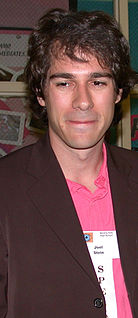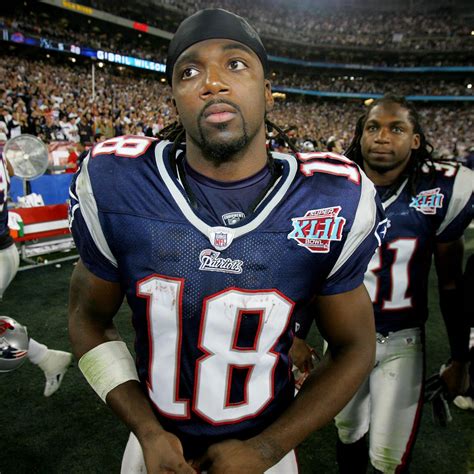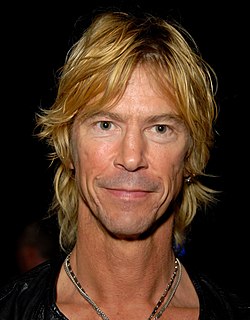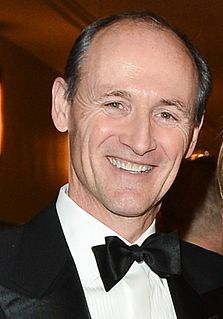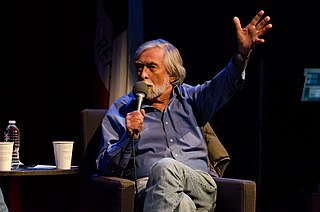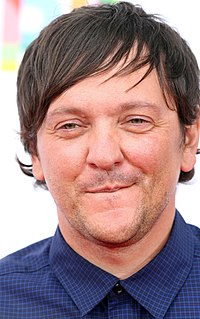A Quote by Joel Stein
When Time got rid of my column, I thought it was all over. It was really sad. And then, I just started pushing it to lots of places. And I thought someone would run my column, I thought it was popular, and no one wanted it.
Related Quotes
I was very pleased to get a Supreme Court justice suggesting a column, so I went and did a column about Beano. I went with my wife and another guy to a Mexican restaurant, which we thought would be the ultimate test for an antiflatulance product. There's a reason most of Mexico is located out of doors. And it worked. Several newspapers refused to run that column. But they did run advertisements for Beano.
When I did get married, and specifically after I got married and the New York Times style section featured my wedding in the vows column, which is really traditionally kind of seen as an elitist column, and it is, but I was happy to be in it. I thought it was good that they were covering a feminist wedding.
I started doing drag in Seattle because I started doing my column before I moved here, and then moved here and wanted to be able to go out and do things as Dan Savage without being recognized the next day, because the column was just in Seattle and it was kind of a sensation and I was beating people up. I was really worried and I didn't want to beat somebody up in a column and have that person know what I look like when I didn't know what they looked like.
I've never thought that I would see any man of color, not just a black president, but any man of color, I never thought that I would live to see that. I thought maybe my grandchildren would, but I never thought I would. So when Barack Obama first started to run I was like, "I've never heard of this guy - he probably doesn't have a shot." But then he started picking up steam and that piqued my interest.
I had written a lot about my dog dying before. I wrote a newspaper column about it and it turned out to be the most popular column I'd ever written. That and the lame Joni Mitchell column I did. But the dog column, my god! People love dogs. Anybody who writes regularly should know, when in doubt: dogs! If you're a columnist, when in doubt, write a column about the culture of narcissism - like a scolding column about the culture of narcissism - or write something about dogs. That's the homerun in my take.
I really thought the process and what I'm used to doing on film would be different. I thought that because I wouldn't have the same amount of time, I wouldn't do all of the tracks that I like to do or the lighting that it takes. And then, I got there and realized that I don't know any other way. I just do all that stuff really, really fast and under a lot of stress.
I never thought about writing a novel until I was 13, and that happened by chance. I was on school holidays, and I was bored, and I thought I just wanted to do something to occupy myself instead of asking, 'What can I do, mum? Entertain me.' I started, and it really just took over, and I realised, 'Wow, this is an amazing experience.'
I guess it was this over-riding feeling I wanted people to get from the album - a kind of positivity. On the one hand it's quite a sad record, but I wanted the songs in essence to be about pulling yourself out of a difficult time. So I thought that the idea of day after a really long, difficult night, would be pretty appropriate... I think the album's about contrasts too - contrasts of emotion - so I thought the comparison was appropriate.
When the media would call and want to interview me, I thought it was 'cause they really wanted to find out what I thought about things. I thought it was because they really wanted to find out who I am. That's not what they wanted. They already in their minds knew who I was and they didn't like it, and they wanted face-to-face opportunities to expose my defects and my problems and my racism and bigotry and all this.
I started doing comedy just as myself, because I thought, "This is what's expected, you're meant to tell stories and do observations." And then I started to realize that I wanted to mix it up a bit, so I started to doing songs, and I had a little keyboard onstage and would bring in little props. Then I thought about the idea of talking about a character and becoming the character onstage. So, it sort of morphed into being stand-up that was more character based, and I found that's the stuff I got the better reaction from and was more exciting for me.
Memories are thoughts that arise. They're not realities. Only when you believe that they are real, then they have the power over you. But when you realize it's just another thought arising about the past, then you can have a spacious relationship with that thought. The thought no longer has you in its grip.
